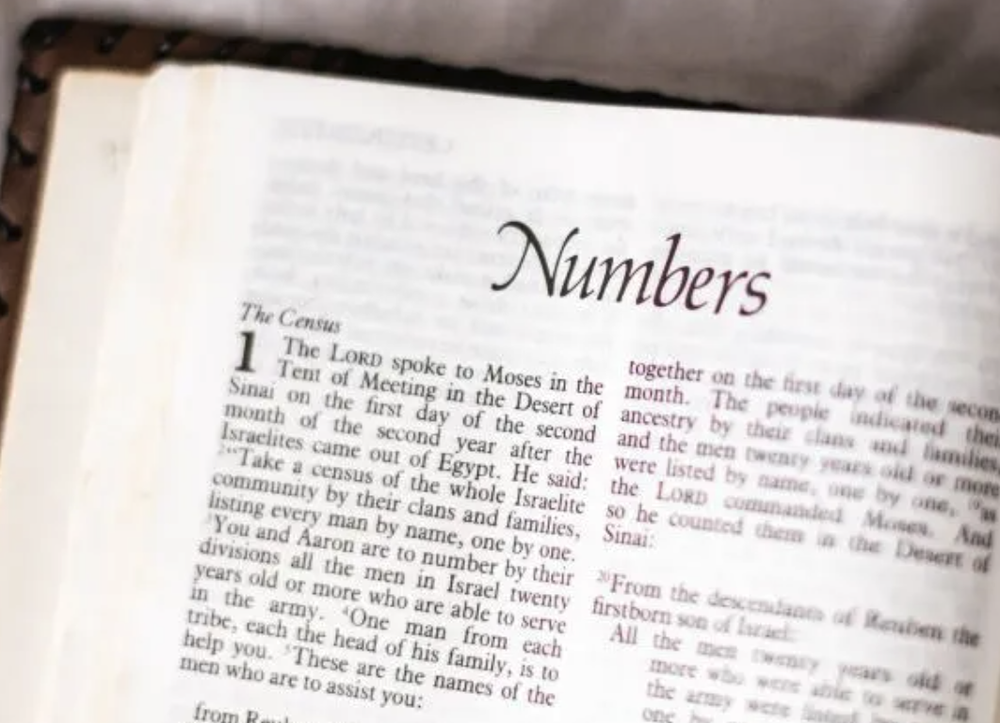The news editor at the Champaign-Urbana News Gazette — my first real newsroom gig — had an interesting name for for a certain kind of over-the-top reader who would call to complain about the news.
It didn’t really matter if the reader’s criticism was right or wrong. It was all about tone and, especially, whether or not the reader was complaining about a subject that editors took seriously.
My editor referred to these callers as “green frogs.”
You see, many of these adamant readers were complaining about issues linked to religion, morality and politics. (At that time, the born-again Jimmy Carter was in the White House and the Religious Right was just starting to organize.)
As the complaining went on and on, the news editor’s eyes would glaze and he would put the caller on hold. That’s when I would hear the following, since everyone knew that I wanted to become a religion-beat pro: “Mattingly, there’s a green frog on the phone! You talk to them.”
This brings us to this week’s “Crossroads” podcast (CLICK HERE to tune that in), in which host Todd Wilken asked a question that, in various forms, I have heard a thousand times over the past 40+ years.
Yes, that would be: Why don’t journalists “get” religion?
However, there are many variations. Why don’t editors hire trained religion-beat reporters? Why do newsrooms mess up the basic facts in some many religion stories? Why do many, not all, journalists IGNORE essential religion issues and themes in important news and events? Why do religious issues show up so often in studies probing media bias? Long ago, back when journalists in major newsrooms dared to fill out surveys about their work, why did half of pros in elite newsrooms write the word “none” in the space describing their religious faith?
I could go on and on. My chosen wording is this: Why don’t newsroom managers handle religion news with the same old-school journalism methodology — hire reporters who have training and experience on this beat and let them do their work — that they apply to subjects that they respect (such as politics, sports, law, arts, business, etc.)?










